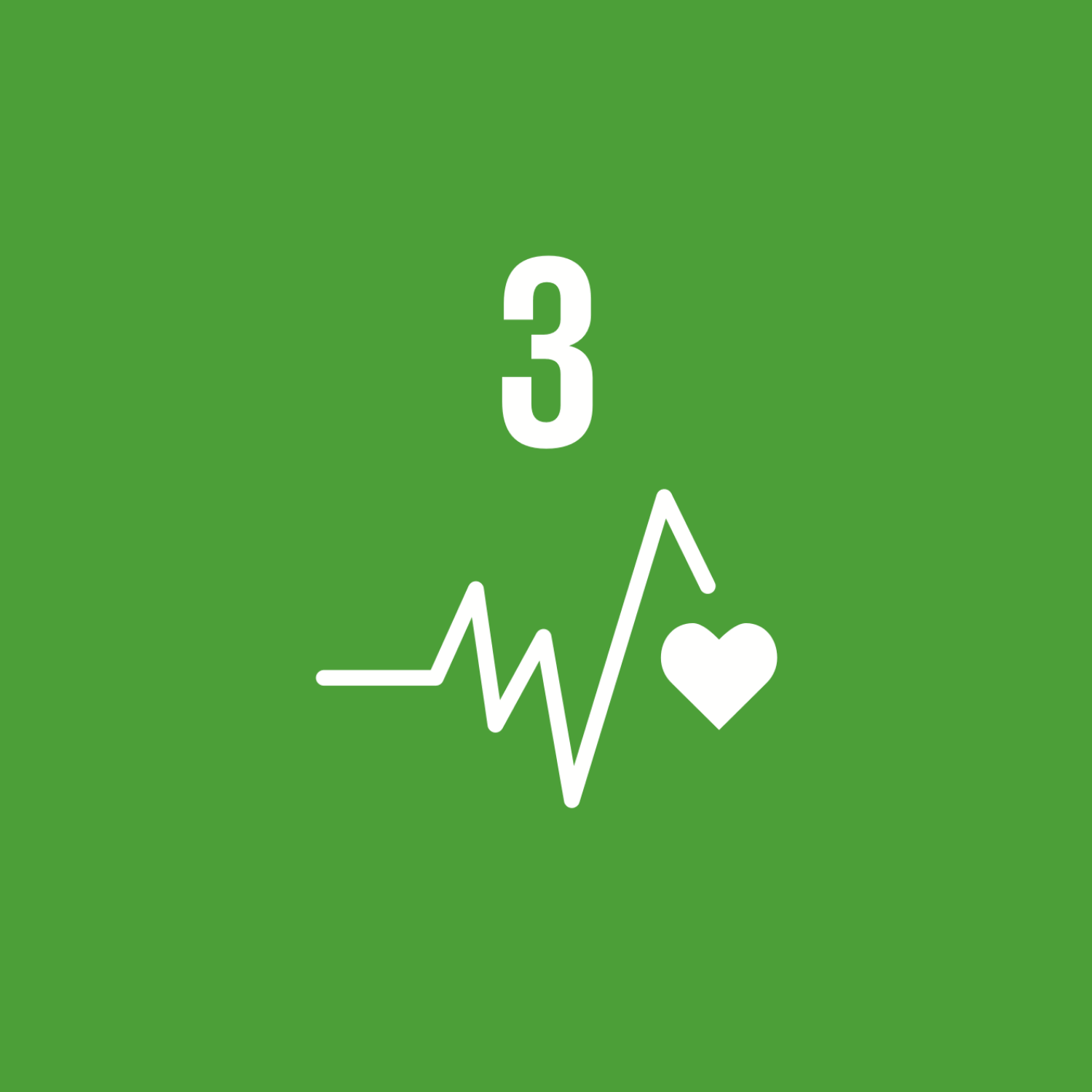The SDGs' Relevance to College of Medicine
The Sustainable Development Goals (SDGs) are a set of 17 global goals established by the United Nations in 2015. They are part of the 2030 Agenda for Sustainable Development, which aims to address various social, economic, and environmental challenges facing the world. The SDGs build upon the progress made by the Millennium Development Goals (MDGs) and encompass a broader scope of sustainable development issues. The SDGs are designed to be universal and applicable to all countries, regardless of their level of development.
- Good Health and Well-being (SDG 3): The College of Medicine plays a crucial role in promoting good health and well-being through medical education and healthcare services.
- Quality Education (SDG 4): The college provides quality education to medical students and professionals, contributing to inclusive and equitable education.
- Gender Equality (SDG 5): The college promotes gender equality by ensuring equal opportunities for female students and faculty in the healthcare sector.
- Clean Water and Sanitation (SDG 6): The college focuses on sustainable practices, including access to clean water and sanitation facilities on campus.
- Industry, Innovation, and Infrastructure (SDG 9): The college contributes to innovation in healthcare through research and technological advancements.
- Climate Action (SDG 13): The college can contribute to climate action by promoting environmentally friendly practices and research on climate-health connections.
- Partnerships for the Goals (SDG 17): Collaboration with other institutions and organizations enhances the college's impact on achieving the SDGs.


![sdg1-en[1]](https://en.comed.uobaghdad.edu.iq/wp-content/uploads/sites/94/2025/01/sdg1-en1.png)
![sdg2-en[1]](https://en.comed.uobaghdad.edu.iq/wp-content/uploads/sites/94/2025/01/sdg2-en1.png)

![sdg4-en[1]](https://en.comed.uobaghdad.edu.iq/wp-content/uploads/sites/94/2025/01/sdg4-en1.png)
![sdg5-en[1]](https://en.comed.uobaghdad.edu.iq/wp-content/uploads/sites/94/2025/01/sdg5-en1.png)
![sdg6-en[1]](https://en.comed.uobaghdad.edu.iq/wp-content/uploads/sites/94/2025/01/sdg6-en1.png)
![sdg7-en[1]](https://en.comed.uobaghdad.edu.iq/wp-content/uploads/sites/94/2025/01/sdg7-en1.png)
![sdg8-en[1]](https://en.comed.uobaghdad.edu.iq/wp-content/uploads/sites/94/2025/01/sdg8-en1.png)
![sdg9-en[1]](https://en.comed.uobaghdad.edu.iq/wp-content/uploads/sites/94/2025/01/sdg9-en1.png)
![sdg10-en[1]](https://en.comed.uobaghdad.edu.iq/wp-content/uploads/sites/94/2025/01/sdg10-en1.png)
![sdg11-en[1]](https://en.comed.uobaghdad.edu.iq/wp-content/uploads/sites/94/2025/01/sdg11-en1.png)
![sdg12-en[1]](https://en.comed.uobaghdad.edu.iq/wp-content/uploads/sites/94/2025/01/sdg12-en1.png)
![sdg13-en[1]](https://en.comed.uobaghdad.edu.iq/wp-content/uploads/sites/94/2025/01/sdg13-en1.png)
![sdg14-en[1]](https://en.comed.uobaghdad.edu.iq/wp-content/uploads/sites/94/2025/01/sdg14-en1.png)
![sdg15-en[1]](https://en.comed.uobaghdad.edu.iq/wp-content/uploads/sites/94/2025/01/sdg15-en1.png)
![sdg16-en[1]](https://en.comed.uobaghdad.edu.iq/wp-content/uploads/sites/94/2025/01/sdg16-en1.png)
![sdg17-en[1]](https://en.comed.uobaghdad.edu.iq/wp-content/uploads/sites/94/2025/01/sdg17-en1.png)

